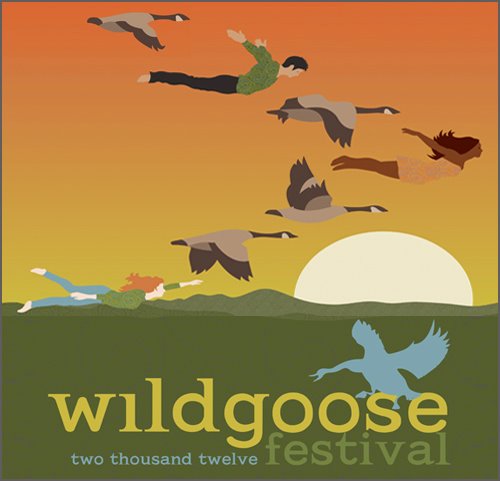Progressive Christianity and Mysticism?

In just a few days I will head out to the Wild Goose Festival, where I will be speaking on “Contemplation as a Subversive Act” and participating in a dialogue on the question of “How can I truly love those whose values are hostile to my own?” (riffing on Matthew 5:44). I’m excited about this event, not least because many people I admire, from Richard Rohr to John Dear to Phyllis Tickle to Shane Claiborne to Brian McLaren, etc. etc. etc., will be there.
The Goose is getting a lot of press, from outlets ranging from the Huffington Post to USA Today. Observers keep describing this as a gathering of “progressive Christians.” In fact, Patheos has even set up a new Progressive Christian Portal with lead articles by folks like McLaren, Tickle, and Becky Garrison (as well as Mark Yaconelli holding forth on Why he’s taking his kids to the Wild Goose).
So as excited as I am about the Goose, I’m not nearly so worked up about this notion of “Progressive Christian.” It seems to me that since “emergent Christianity” has fallen out of favor lately, this is the new nom de jour for Christians who adopt a lovingly critical stance toward the church. The funny thing is, what I think this label means — that to be a Christian means to be committed to justice, to peacemaking, to countercultural forms of community and relationship, to rejecting imperial understandings of class and race and sex and gender, and to calling out the church when it has colluded with worldly empire — is, to me, the definition not of “progressive Christian” or “emergent Christian” or whatever, but simply what it means to be a “Christian.” Now, I suppose it’s human nature to use language to establish identity, and identity is all about how A is not like B: so a progressive Christian is, for example, not like a Christian for whom the faith is all about identifying who is and isn’t saved. But isn’t this a paradox: that we are trying to establish a Christian identity that is at variance with those Christians whose identity as Christians is all about identity? Ay yi yi.
Then there is a fellow named Chris Glaser, whose blog is all about “Progressive Christian Reflections.” A few days back who suggested that progressive Christians are the mystics of our time. Even though if I had to take a test I’d probably end up with “Progressive” tattooed across my forehead, this kind of language makes me nervous. As soon as we start talking about “progressive Christians,” we are setting up some sort of dualism between progressives and, well, regressives. If you don’t think the right way about human sexuality, or economic justice, or peacemaking, or environmental concerns, well, then, you don’t get to join the “progressive” club. So as soon as we start talking about progressives, we have insiders and outsiders. But that flies in the face of mysticism, which is all about transformative levels of consciousness where categories like “inside” and “outside” fall away.
Perhaps this is inevitable. Aren’t I creating my own identity-dualism, where the mystics live beyond duality, but the “non-mystics” are stuck in it? This, perhaps, is the wisdom of that Taoist yin-yang symbol, where the dark dot of yin always is found in the midst of the light expanse of yang (and vice versa). Non-duality subverts dualism, and yet dualism always seems to crop up, even in the midst of non-duality. If I understand Ken Wilber correctly, the highest (even that word has dualistic connotations) point of human consciousness is the place where the split between duality and non-duality falls away (or is transcended).
So to bring this back down to earth: I’m excited about heading off to the Wild Goose Festival, and I hope I’ll see lots of you there (I’m speaking at noon and again at 8 PM on Saturday). But don’t expect me to applaud how progressive we all are. I’m gonna keep looking for the dark dot in the middle of the light sea.
